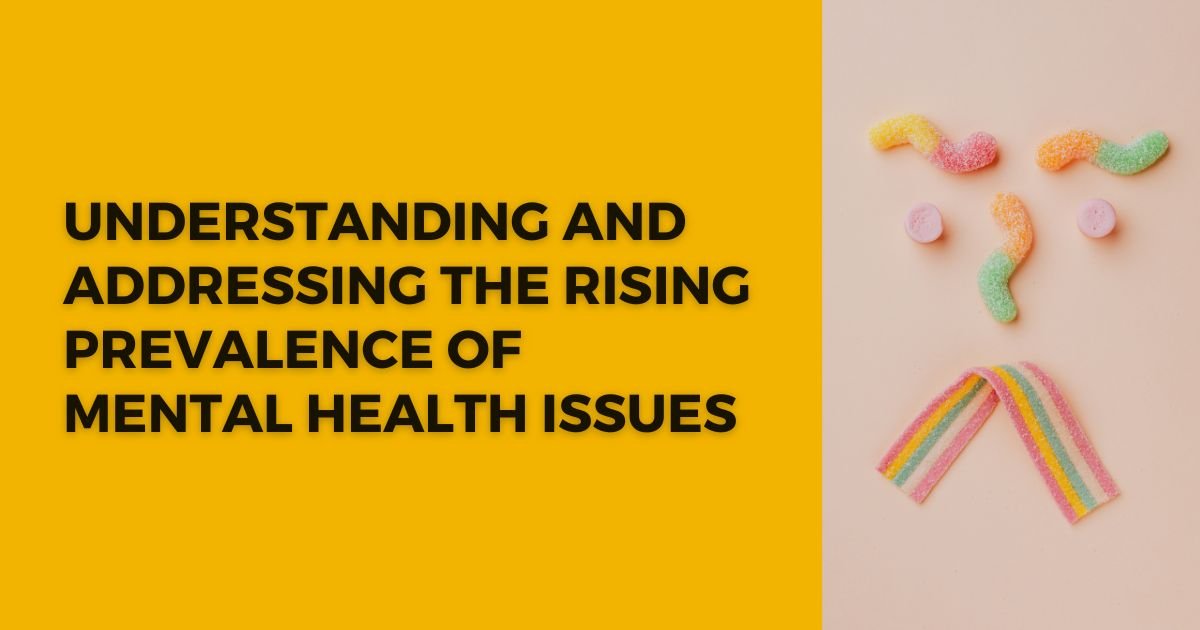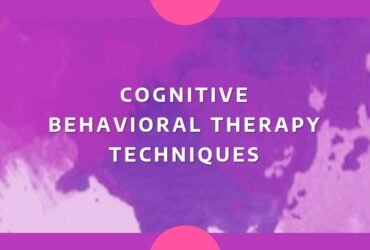The gut-brain connection refers to the bidirectional communication between the gastrointestinal system (the gut) and the central nervous system (the brain). This intricate relationship plays a crucial role in maintaining overall health and well-being. Researchers have discovered that the gut and the brain are constantly sending signals to each other, affecting various aspects of our physical and mental health.
Table of Contents
The Role of the Gut Microbiota in Brain Health
One of the key players in the gut-brain connection is the gut microbiota, which refers to the trillions of microorganisms residing in our digestive system. These microorganisms, including bacteria, fungi, and viruses, play a vital role in supporting brain health. The gut microbiota produces neurotransmitters and metabolites that influence brain function, mood, and behavior.
How the Gut Communicates with the Brain
The gut communicates with the brain through a complex network of pathways, including the vagus nerve, immune system signaling, and the release of various chemical messengers. The vagus nerve acts as a direct link between the gut and the brain, transmitting signals and information back and forth. Additionally, the gut produces molecules that can activate the immune system, triggering an immune response that affects brain function.
Impact of the Gut-brain Connection on Mental Health
The gut-brain connection has a profound impact on mental health. Studies have shown that disruptions in the gut microbiota composition, often referred to as dysbiosis, are associated with mental health disorders such as depression, anxiety, and even neurodevelopmental conditions like autism spectrum disorder. By maintaining a healthy gut-brain connection, we can support optimal mental well-being.
Nurturing a Healthy Gut for Optimal Brain Function
To nurture a healthy gut-brain connection, it is essential to prioritize a balanced and diverse diet. Consuming fiber-rich foods, fermented products, and probiotics can promote a healthy gut microbiota. Regular exercise and adequate sleep also contribute to a well-functioning gut-brain axis. Additionally, reducing stress levels and managing emotions effectively can positively impact the gut-brain connection.
Diet and Lifestyle Factors for a Healthy Gut-brain Connection
A healthy gut-brain connection can be maintained by adopting specific diet and lifestyle habits. Including foods such as fruits, vegetables, whole grains, and lean proteins provides essential nutrients for the gut microbiota. Avoiding processed foods, excessive sugar, and artificial additives helps preserve the diversity of gut bacteria. Regular physical activity and stress management techniques like meditation and mindfulness can further support the gut-brain connection.
The Influence of Stress on the Gut-brain Axis
Stress has a significant influence on the gut-brain axis. When we experience stress, our body releases stress hormones that can disrupt the balance of gut bacteria and impair gut function. Chronic stress can lead to inflammation in the gut, affecting the communication between the gut and the brain. Therefore, implementing stress reduction techniques and engaging in activities that promote relaxation are crucial for maintaining a healthy gut-brain connection.
Gut-brain Connection in Neurological Disorders
Research has shown that the gut-brain connection plays a role in various neurological disorders. Conditions like Parkinson’s disease, multiple sclerosis, and Alzheimer’s disease have been associated with alterations in gut microbiota and gut barrier function. Understanding and targeting the gut-brain axis may offer potential therapeutic strategies for managing these disorders in the future.
The Future of Gut-brain Connection Research
The field of gut-brain connection research is rapidly evolving. Scientists are exploring new ways to modulate the gut microbiota to improve brain health. Probiotics, prebiotics, and fecal microbiota transplantation are being investigated as potential interventions for conditions related to the gut-brain axis. Further research will continue to shed light on the intricate mechanisms of this connection and its implications for human health.
Conclusion
The gut-brain connection is a fascinating and complex relationship that significantly influences our physical and mental well-being. By understanding the importance of nurturing a healthy gut and adopting lifestyle habits that support the gut-brain axis, we can optimize brain function and promote overall health. Taking care of our gut means taking care of our brain.
FAQs
-
Can the gut-brain connection affect my mood?
Absolutely! The gut-brain connection has a significant impact on mood regulation. Disruptions in the gut microbiota can contribute to mood disorders such as depression and anxiety.
-
Are probiotics beneficial for the gut-brain connection?
Probiotics can be beneficial for the gut-brain connection as they introduce beneficial bacteria into the gut, potentially improving communication with the brain. However, specific probiotic strains and individual responses may vary.
-
How can I reduce stress for a healthy gut-brain connection?
Reducing stress can be achieved through various techniques such as meditation, exercise, spending time in nature, and engaging in activities you enjoy. Find what works best for you and incorporate it into your daily routine.
-
Can the gut-brain connection be a factor in neurological disorders?
Yes, the gut-brain connection has been implicated in neurological disorders such as Parkinson’s disease, multiple sclerosis, and Alzheimer’s disease. Understanding this connection may open new avenues for therapeutic approaches.
The profound impact of the gut-brain connection on our overall well-being cannot be overstated. It influences our mood, cognitive function, emotional balance, and even the health of our digestive system. By prioritizing our gut health and fostering a balanced mind-gut relationship, we can experience a transformative shift in our mental and physical states.
To read more such articles, click here.














A symphony of insights! This article beautifully connects gut and brain health. A must-read for a balanced life.